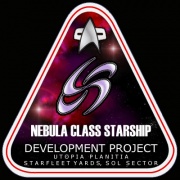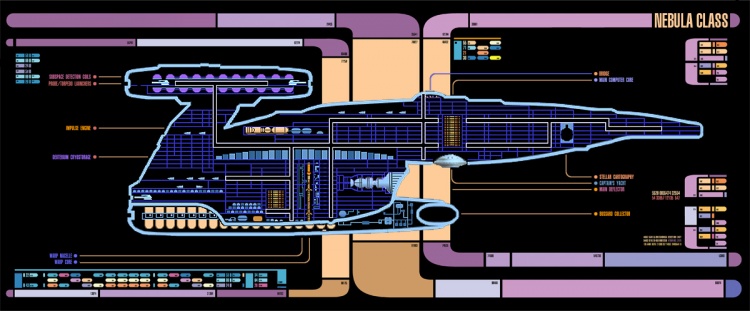Nebula Class Starship

|

|

|

|

|
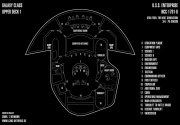
|
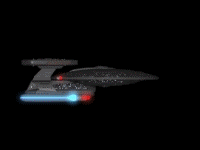
|
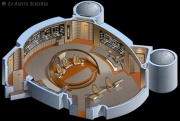
|

Nebula Class Cruiser
|
Mission Objectives
|
General Overview
| The Prototype Starship, U.S.S. Nebula NX-61800, was commissioned in 2357. It was a great achievement for Starship technology. This prototype utilized many innovations of 24th Century technology. Probably, the most notable was Subspace Transporter technology.
|
Some ships of the Nebula Class include
| MFS (USS) Nebula NCC-61800 Conjectured Prototype | USS Bellerephon NCC-62048 (Best of Both Worlds II) |
| USS Endeavor NCC-71805 (Multiple TNG References) | USS Farragut NCC-60597 (Generations, DS9) |
| USS Hera NCC-62006 (TNG Interface) | USS Honshu NCC-60205 (DS9 Waltz) |
| USS Leeds NCC-70352 (DS9) | USS Lexington NCC-61832 |
| USS Merrimac NCC-61827 (TNG Sarak,The Game) | USS Monitor NCC-61826 (TNG The Deflector) |
| MFS Parallax NCC-74657 (Conjectured) | U.S.S. Phoenix NCC-65420 (TNG The Wounded) |
| USS Prometheus NCC-71201 (DS9 Second Site) | USS Proxima NCC-61952 (DS9) |
| MFS (USS) Sutherland NCC-72015 (Multiple TNG References) | USS T'Kumbra NCC-????? (DS9) |
| USS Ulysses NCC-66808 (DS9 The Adversary) |
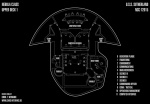
|
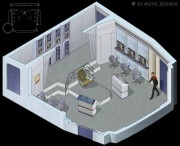
|
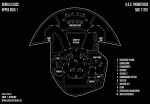
|
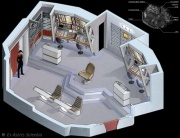
|
| Directory of FADM Robert Johnson, International Coordinator (Ret.) 2004 - 2007 | |
|---|---|
| MFS Sutherland Page ∞ Sutherland Schematics ∞ MFS Colorado ∞ MFI Medical Library ∞ Maquis SEALS | |
| "Real Life" Page ∞ Talk Page ∞ Archives: #1 #2 ∞ FADM Johnson's Library ∞ Sandbox Pages: #1 #2 #3 #4 | |
| Maquis_R&D ∞ Maquis_SIM_Project ∞ "Con Security Command" Course ∞ Nebula Class Info ∞ NavBox | |
Original Author: (Marc Poulin) in 1998.
Adaptations (with Marc's permission) and additional Research by: ("Doc" Rob Johnson).
![]()
Rob Johnson, IC 2004-2007
9 Aug 2005
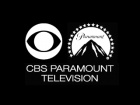
|
Star Trek®,StarTrek.com, Star Trek: The Next Generation®, Star Trek: Deep Space Nine®, Star Trek: Voyager®, and Enterprise® are registered trademarks of CBS Paramount Television & Viacom. All material found on these pages are for promotional purposes only. No infringements on their copyright is intended. These are Star Trek Fan Pages. |
